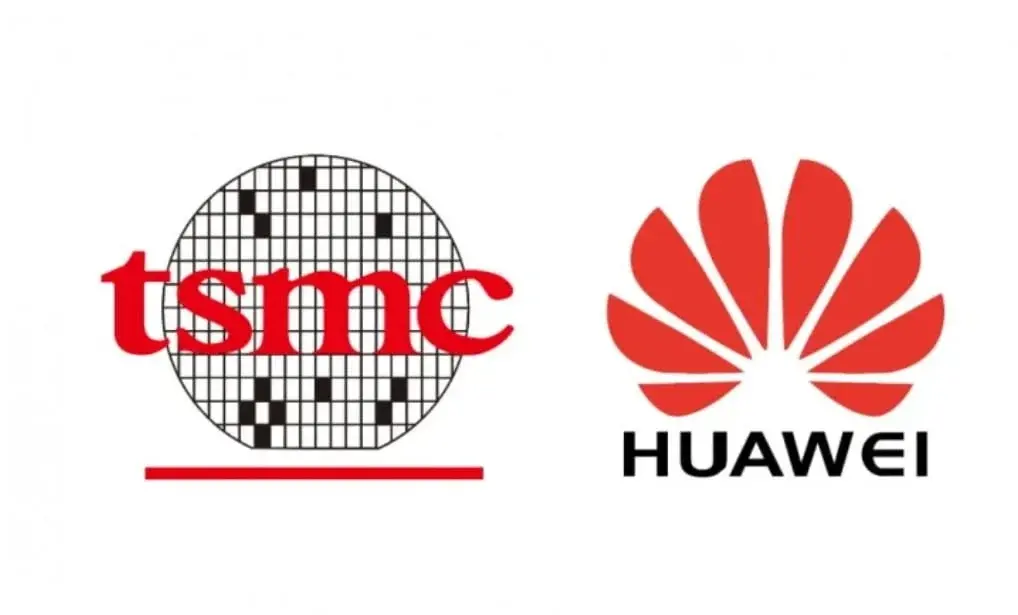TSMC Manufactures Huawei’s Kirin 9006C Processor Instead of SMIC
A recent disassembly analysis by TechInsights unveiled that Huawei’s Kirin 9006C processor in the Qingyun L540 notebook was produced by Taiwan Semiconductor Manufacturing Co. (TSMC), contrary to initial speculations about China’s advanced semiconductor manufacturing capabilities.
TSMC’s Role in Huawei’s Semiconductor Progress
Past semiconductor advancements by Huawei, such as the 7nm system-on-chip in the Mate 60 Pro smartphone reportedly manufactured by China’s Semiconductor Manufacturing International Co. (SMIC), are now overshadowed by the confirmation of TSMC as the manufacturer of the Kirin 9006C processor.
Huawei’s Confrontation with Geopolitical Realities
The geopolitical backdrop complicates Huawei’s semiconductor journey, notably with US export controls in 2020 cutting off Huawei’s access to TSMC during the Kirin 9006C’s production. Sanctions against Chinese GPU vendors Biren and Moore Threads further escalated challenges for Chinese semiconductor designers.
Huawei’s Technological Achievements
Despite obstacles, Huawei’s technological successes have solidified its reputation as a pioneer in Chinese initiatives to develop local alternatives to Western technologies. The triumph of the Mate 60 smartphone in 2023 propelled Huawei beyond the $100 billion revenue mark, challenging iPhone dominance in the Chinese market.
Huawei’s Drive to Lead in Innovation
The Kirin 9006C processor marks a significant advancement for Huawei into the 5nm realm, underscoring the company’s commitment to leading in technological progress. The mystery surrounding Huawei’s acquisition of a three-year-old processor showcases the company’s proactive stance in stockpiling semiconductors amid global restrictions.
Huawei’s Adaptability in Trade Confrontations
Through strategic investments in chip research and stockpiling, alongside partnerships with domestic suppliers and manufacturers, Huawei exhibits resilience in navigating the intricate landscape of international trade limitations. The L540 laptop, introduced circa 2016, aligns with Huawei’s expansion into mobile and computing devices, in line with Beijing’s efforts to substitute foreign technologies in sensitive sectors with local options.
Huawei’s Compliance with Regulations
Reports from online vendors suggest that the L540 laptop complies with stringent data security standards in China for sensitive government agencies, highlighting Huawei’s dedication to meeting evolving regulatory demands. As the global semiconductor scene evolves, Huawei’s capacity to adjust and innovate remains pivotal to its triumphs in the fiercely competitive tech sector.


Leave a Reply